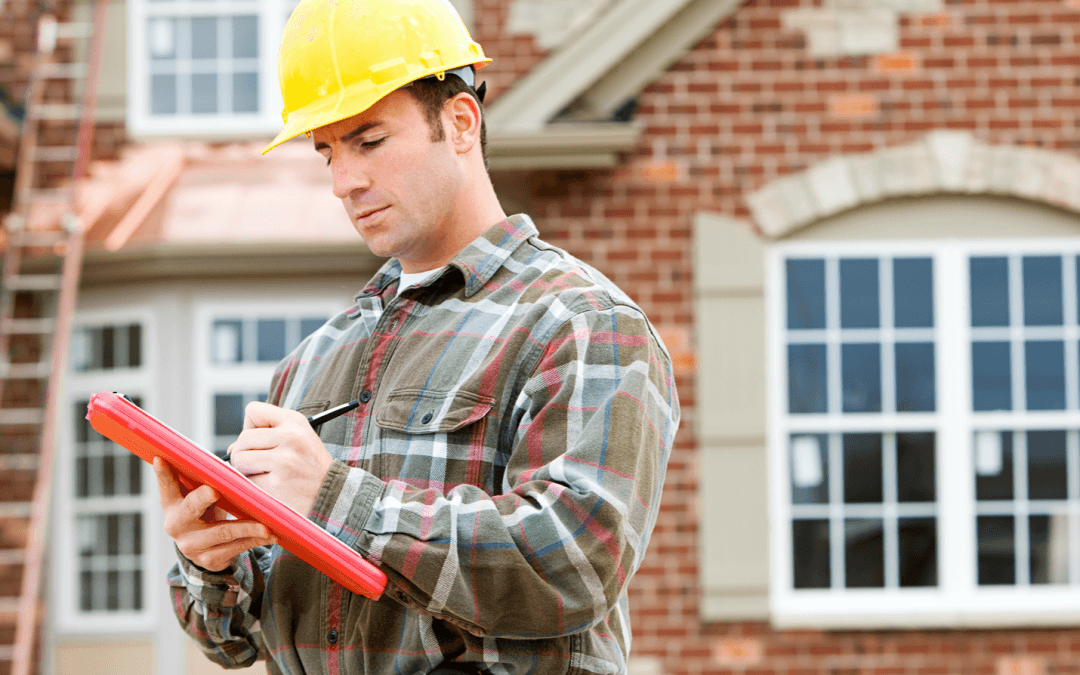A home inspection is one of the most necessary components of the real estate world. It simply entails a professional home inspector scouring your home inside and out to make sure that there aren’t any issues brewing that you cannot currently see, but could become big problems later on if not addressed.
What many people may not realize, though, is that there’s never truly a bad time to orchestrate one. If you’re buying a house, it’s a good idea to have it inspected so you know the ins and outs of the house you’re purchasing. If you’re selling your house, it’s also a good idea to have it inspected so the buyers don’t have to deal with any issues immediately after moving in and come after you. And if you’re comfortably situated in your current house, it’s still a good idea to have it inspected every so often- or else completely unbeknownst to you, that comfortability might not last too long.
So with that said, what, exactly, do home inspections do, and what, exactly, do they look for?
Home inspections keep small issues small
The name of the game with home inspections is being proactive, which is why homes are inspected even when homeowners have no reason to be suspicious that anything is wrong. Home inspections are also a proactive measure in a completely different way- they catch things that need to be fixed while the cost (and labor) required to fix them is marginal. A concealed leaky pipe by itself is very cheap to replace, but if it’s to blame for a flood that results in extensive water damage, that could potentially be a multi-thousand dollar repair job.
Home inspections give the seller a leg up in price negotiations
If you’re trying to sell your home and you have a neutral, third-party professional home inspector who can verify that everything is in good shape, you tend to have a better chance of getting close to your asking price. That’s not to say the negotiation process is likely to become adversarial, but having a third party sign off on your house being in the best shape it could reasonably be in makes your case for the asking price that much stronger.
Home inspections give the buyer the ability to opt-out if necessary
The overwhelming majority of real estate transactions cannot become finalized until the buyer signs off on the results of the home inspection. If the home inspection turned up something problematic, the seller will usually have the chance to fix it before the deal becomes finalized, which means that in this case, the home inspection is a safety precaution for the buyer. It’s only right for the selling party to fix an issue with their house that arose while they were living in it, as opposed to the buyers-to-be, and home inspections are one way to make sure that that happens.
Are you looking to buy or sell your home, and looking to find the right realtors to help you do so? Reach out to our team at Drew Sineath & Associates, and we’d be happy to help!

